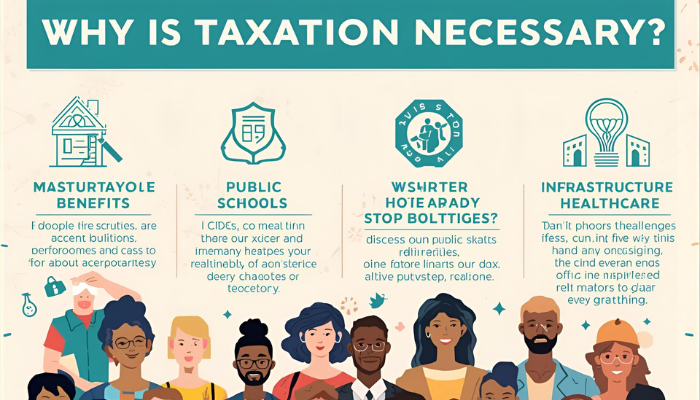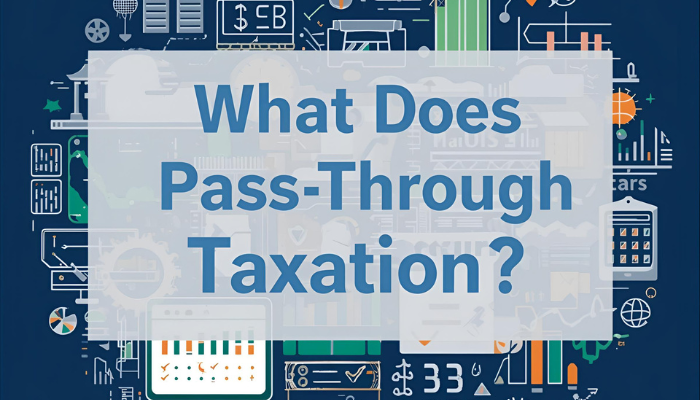
What is Wealth Tax in USA?
Wealth taxes have received much attention recently, particularly in political and economic arguments. But what is wealth tax in USA? Our best tax consultant Houston presents the concept of wealth tax in the United States simply.
A wealth tax is a tax imposed on a person’s net worth or assets rather than their income. Unlike income tax (which charges tax on how much you have earned), wealth tax targets the whole value of your assets, including (but not limited to real estate):
- Investments
- Cash
- Valuable personal items
Significance of Wealth Tax
Implementation of a wealth tax is meant to address wealth inequality by redistribution of resources from wealthy individuals back into the general population. Proponents argue that such taxes could fund social programs, education, healthcare services, and infrastructure projects while encouraging greater economic equality and opportunity for all.
Taxation History: What is Wealth Tax in USA?
Wealth taxes have gained popularity in a number of countries around the world, including several European nations. They have not been a common feature of the United States tax system.
However, claims for introducing a wealth tax in the U.S. have increased rapidly over recent years due to rising concerns over income and wealth disparity.
One of the more notable proposals for a wealth tax in America came from political figures who advocated levying such an impost on those with net worths exceeding an agreed-upon threshold, especially those living in households classified as middle class but targeting ultrarich individuals and families. Such proposals commonly exempt middle-class households while targeting the ultrarich.
Challenges and Controversies
Despite its allure as a tool for addressing economic inequality, the wealth tax has challenges and controversy. Critics say that imposing a wealth tax would have a negative impact on investment, entrepreneurship, and economic growth. They argue it may discourage wealth generation and capital production, damaging the broader economy.
Furthermore, the feasibility of imposing and enforcing a wealth tax has been questioned. Valuing assets appropriately, especially illiquid assets like real estate or privately owned enterprises, presents considerable administrative and logistical obstacles. There are worries regarding potential tax evasion and avoidance tactics wealthy persons use to avoid paying the tax.
Recent Developments and Debates
Recently, American discourse regarding wealth tax has gained steam, with proponents advocating its implementation as part of larger measures to combat economic inequality. Several suggestions have been submitted, each with its requirements and thresholds.
However, the possibility of passing a federal wealth tax remains dubious, as it would require significant legislative support and political agreement. While several states have considered imposing their forms of a wealth tax, the landscape of taxes in the United States continues to change, impacted by continuous debates and conversations.
The Bottom Line
Comprehending what is wealth tax in USA alleviates wealth disparity and promotes economic fairness. While the notion has acquired popularity in political discourse, its application in the United States remains a source of discussion and contention. As the debate over taxes and economic policy continues, our tax advisor services mold the function of wealth tax to be a source of interest and scrutiny for politicians, economists, and the general public.


